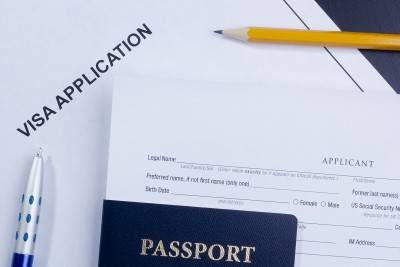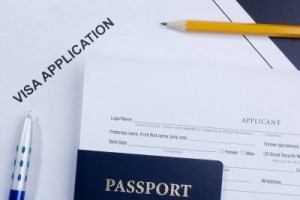The H-3 visa is in a category that permits the applicant to enter the United States on a temporary basis as either a trainee or a special education exchange visitor. This classification is not designed to be used for U.S. employment or for job related training for work that is intended to be performed outside of the United States.
There are specific regulations that will need to be followed to obtain this visa, and it is categorized as:
• Trainee: This is the individual who will receive training, which is not graduate or medical education training. It is to provide training that is not available in the applicant’s home country.
• The Trainee must be Invited: The individual who applies for this classification as a trainee, must be invited by an individual or organization, which is not in the medical education training or graduate education. The training can be in any of the following fields:
- Agriculture
- Communications
- Commerce
- Finance
- Government
- Transportation
There are other professions the training can include, for the applicant of this visa.
• Special Education Exchange Visitor: This is for the individual who will participate in a special-education training program for children, with physical, mental or emotional disabilities.
The special-education exchange visitor, is not able to apply for the H-3 visa, until there has been a petition filed by the U.S. employer or organization. There is a limit of these applicants permitted to enter the United States, during a fiscal year. The number of applicants who will be approved under the Special Education Exchange Visitor is limited to 50 applicants. The petition that is filed by the U.S. employer or organization should include:
- The training the H-3 visa holder will receive.
- The facility and staff, where the training will take place.
- the participation of the trainee in the training program.
- The employer or organization, will be required to show:
a. The trainee is close to completion of a baccalaureate degree program in special education or has already earned a baccalaureate degree.
b. The trainee has experience in teaching children with physical, mental or emotional disabilities.
The application process will involve the employer or organization petitioning the applicant filing a Form I-129, prior to the applicant filing their application and documentation for the H-3 visa. The period of time this visa will be granted is two years and the Special Education Trainee will be permitted to remain in the United States for up to 18 months.
The spouse and children under the age of 21 who are unmarried may accompany the H-3 visa holder, but will not be permitted to work in the United States.
Petitioners who are filing the Form I-129 and have questions can get the answers they require from the Wyoming immigration lawyer. Immigration lawyer advice can make the process easier for the petitioner and for the petitioner to help the applicant understand that they would not be able to file for the H-3 visa until, after the Form I-129 has been filed by them and approved by the USCIS.


